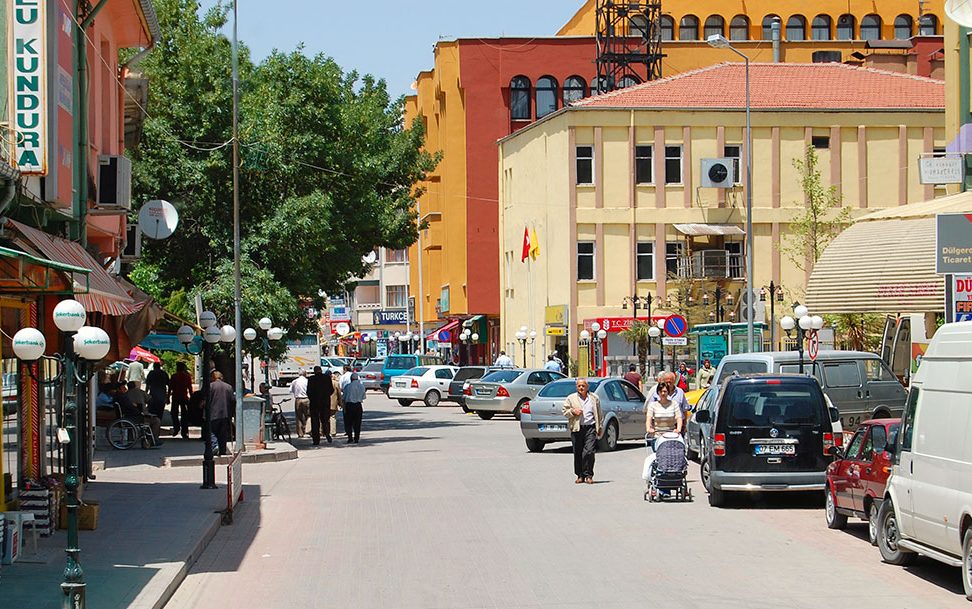At this stage I would like to describe a second revolt against the emperor, a revolt more terrible even than the first. Let me go back therefore to the beginning of the story. First I will explain the origin of this revolt and what were its causes. Then I will give an account of the rebellion that preceded it, its character and background, the person responsible for both outbreaks, and what it was that encouraged him to make his attempt.
99. I will begin then where I left off the narrative. The emperor had a second cousin on the maternal side, a man called Leo, a member of the Tornician family.**115 He lived in Adrianopolis and reeked of Macedonian arrogance.
The fellow was not insignificant as far as personal appearance went, but his disposition was crafty and his mind was perpetually open to revolutionary ideas. He had not yet grown up to manhood before a brilliant career — the usual kind of nonsense often talked of with regard to certain people — was predicted for him bit a great number of persons. When he did become a man and showed some strength of character, the Macedonian party definitely attached itself to him.
Daring attempts at revolt, involving considerable danger, were made frequently, but they failed to make them at the right time; sometimes Leo was not available, because he was out of the country; sometimes the excuse for revolt was inadequate. However, the idea of rebellion was still secretly cherished in their hearts. Such was the state of affairs when the following event took place, an event that not only stirred them to secede from the Empire, but to engage in active opposition to the emperor.
Younger Euprepia
100. The emperor Constantine had two sisters, the elder called Helena, the younger Euprepia. Of Helena he took no notice, but in the case of the younger sister his treatment was quite different. In her youth she had no particular distinction to boast of: her fortunes had not then attained their subsequent splendour. She was a woman of great pride.
In fact, of all the women I have seen, she was the most steadfast and the hardest to influence. Her brother, as I have already remarked, was cautious in his dealings with her — not unnaturally. He had no brotherly feelings for the lady, even when she acquiesced in his wishes.
On the contrary, there was more fear than respect in his demeanour. She was therefore deceived of the proud hopes she had built upon her brother, and although she refrained from showing her displeasure with Constantine by really eccentric behaviour — she never did that — yet she rarely approached him, and when she did, she was not confident in his presence, as a sister should have been. If she condescended to talk with him at all, it was in a supercilious way.
Read More about The Dove and the Crow 2








